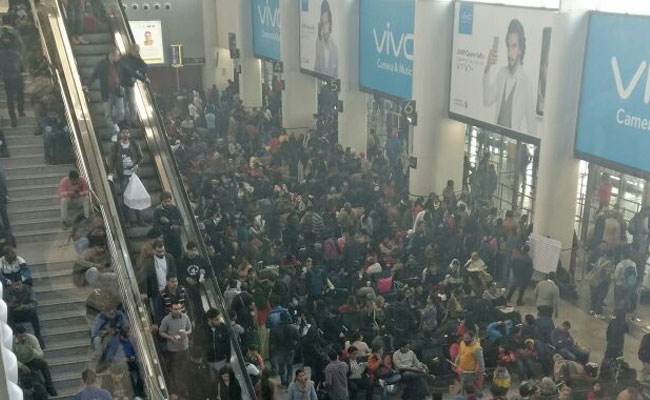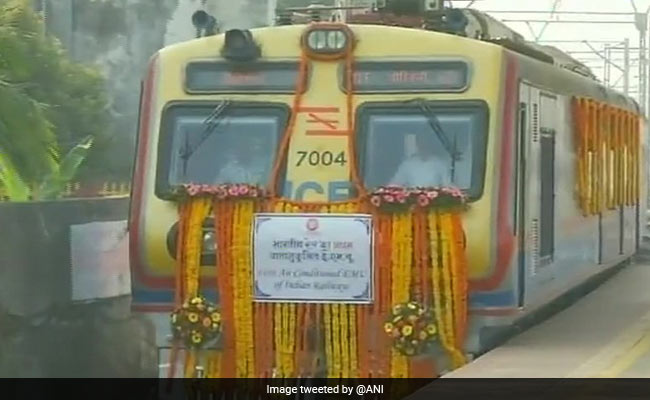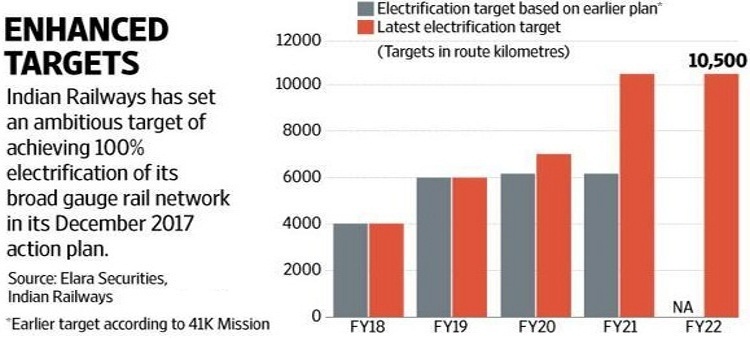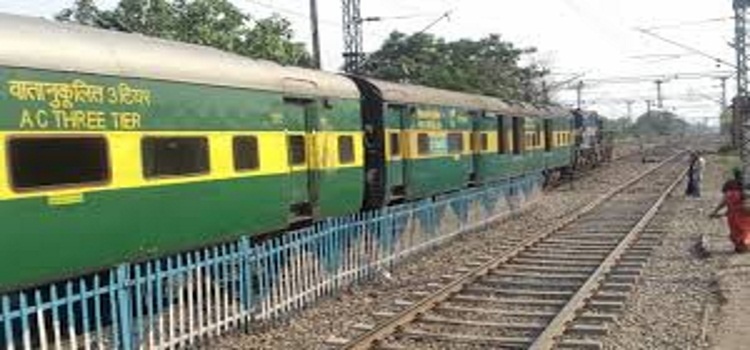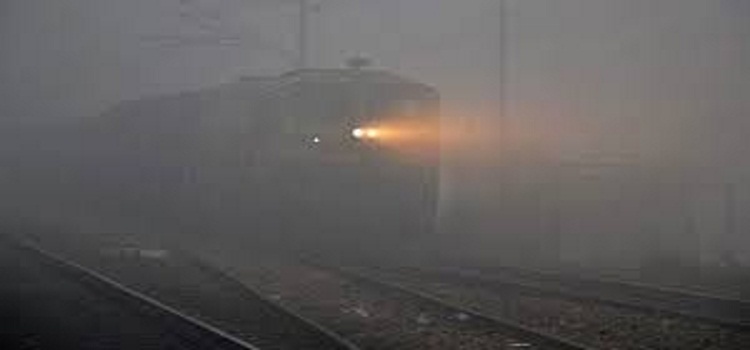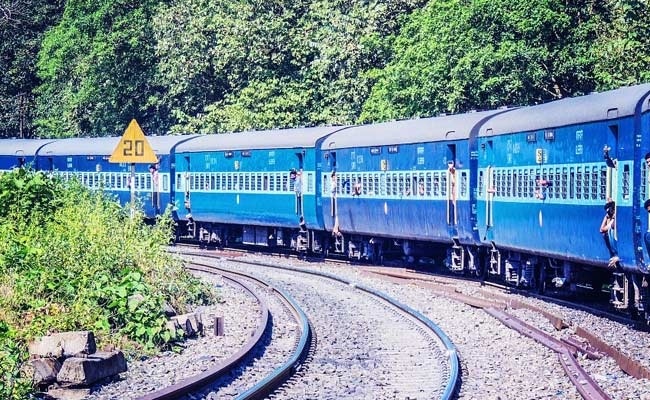
Following the example of the Western Railways, which launched a queue system for women passengers to board trains originating at Andheri suburban station, the Central Railways has also decided to restart the system at Thane, Dombivali and Kalyan stations from the first week of 2018.
A queue system is already in practice at Badlapur for originating local trains during the morning rush hours. Now we have decided to restart this system at Thane, Dombivali and Kalyan stations from the first week of the new year, for originating trains during rush hours,” a CR officer told Mirror. “As of now, 35 locals originate from Badlapur, 102 from Kalyan, 32 from Dombivali and 79 from Thane during rush hours. We are going to cover all these trains.”
“Crowd control by way of queuing while boarding trains was mooted on trial basis some months ago by CR General Manager DK Sharma as a public security practice to prevent stampedes. This has now been introduced at Thane, Dombivali and Kalyan for the benefit of our female commuters,” said CR CPRO Sunil Udasi.
“WR has also decided to expand the practice idea to include Borivali, Bandra and Bhayandar stations from January 1. Lady home guards will be exclusively utilised for the formation of queues in front of ladies’ coaches at Andheri station. Based on the success at Andheri, this system will also be replicated at other important stations, like Borivali, Bandra and Bhayandar,” said AK Singh, chief security commissioner, WR.
In July 2016 , after this newspaper had reported that commuters at Bhayandar had begun forming orderly queues to board trains, CR started forming queues at several stations, including CSMT, Thane, Dombivali, Kalyan and Badlapur, but due to a lack of security personnel, this idea was dropped at CSMT, Thane , Dombivali and Kalyan. But queue formation for originating trains during rush hours continues at Badlapur.
“Looking at the number of people dying due to train accidents, especially during rush hours, when locals run at peak capacity, the idea may prove a boon. To ensure that commuters follow the new rule and queue up instead of rushing into trains, we are going to deploy security personnel at these stations,” said Sachin Bhalode, divisional security commissioner, CR Mumbai division.
Commuter Leena Bhandarkar from Dombivali, who works with a private firm in Fort, welcomed the CR move. “A good initiative. Slowly but surely, change is happening for the better. Queuing up should become a habit for one’s own safety and smoother travel,” she said.
“This will work in Mumbai, even though some hiccups may persist. Mumbaikars are the only ones in the country who follow rules, stand in queues and are highly disciplined. I wish this succeeds, and it will,” said another commuter, Thane resident Madhuri Shinde.
Female home guards to manage crowds now
To avoid a repeat of the Elphinstone Road stampede that claimed 23 lives, WR has roped in personnel from the Maharashtra State Security Corporation (MSSC) and woman Home Guards for crowd management at suburban stations ,on the recommendation of a high-level inquiry committee that probed the tragedy. A total of 232 MSSC personnel and 97 woman Home Guards were on Thursday inducted into WR’s Mumbai Central Division for crowd management, a senior official said. “The MSSC has given their 232 personnel for the job. Besides these, we have inducted 97 Woman Home Guards,” WR General Manager AK Gupta said.
Women ask for barricades in AC train to mark ladies coach
The two women’s coaches of the newly introduced air-conditioned suburban train are likely to see barricades similar to the ones in Metro trains. Western Railways (WR) general manager A.K. Gupta said that a high number of feedback comments received from commuters are regarding the barricades. Currently, thanks to the train being a vestibule, anyone can enter the 1st and 12th coach earmarked for women.
Mr Gupta revealed that most of the feedback from women has been that they are afraid that the public will not stick to the rules or will not realise that the coaches are earmarked for women as despite being earmarked, the fact that they are designed as vestibule (as seen in long distance trains), allowing anyone to walk into these coaches.
These barricades will be similar to the ones seen at airport check counters and though it is a temporary solution, Mr Gupta said that that the next AC train might have a sturdier option.
He said, “This train is a prototype and we might ask that a partition be made in the AC trains that come to us next.”
There has also been a demand by the commuters to allow non-AC first class ticket and pass holders to be allowed to sit in the train as the train is not seeing as much as crowd as was expected, Mr Gupta said, “That will be decided by the railway ministry but there is no such plan as of now, we also have six months to send all these suggestions to the ministry and the railway board.”
Currently the season ticket of an AC train is double than that of first class and a single ticket is 1.2 times that of a first class ticket.
